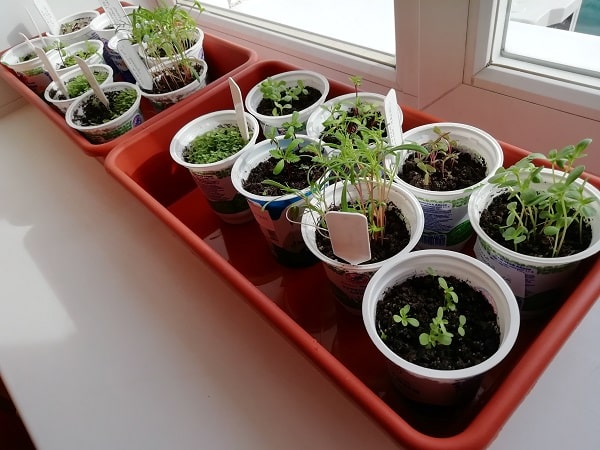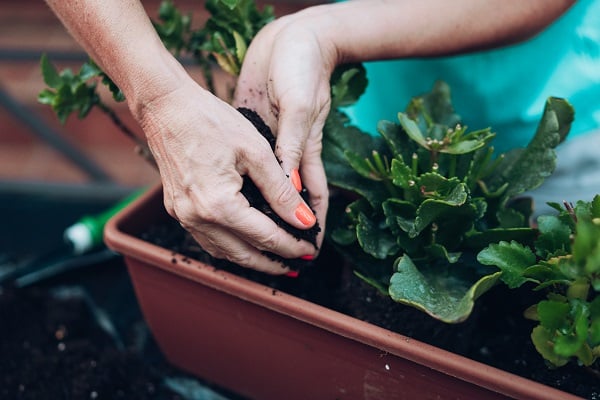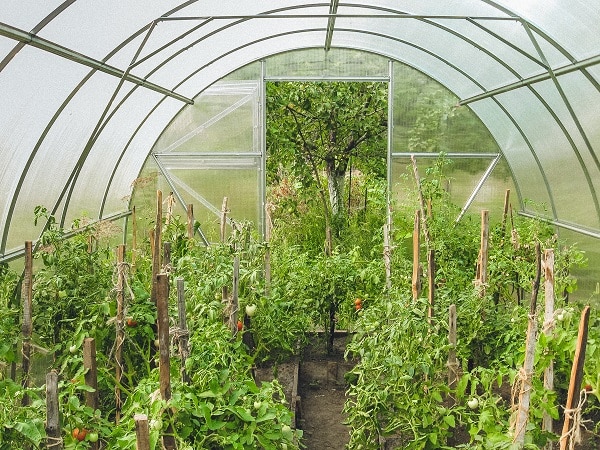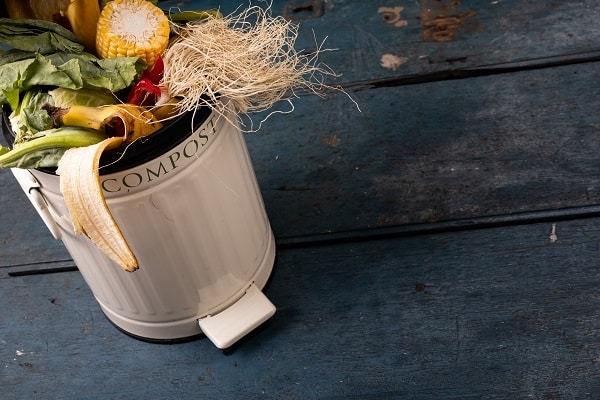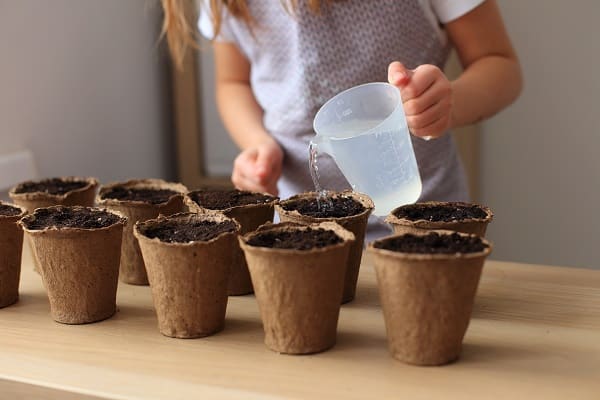It’s not too late to start a winter garden! Even if you live in an area where the temperature regularly drops below freezing, there are still plenty of vegetables you can grow. And the best part is you don’t have to turn to harsh chemical fertilizers to get a bountiful harvest. This article is full of helpful tips for growing an organic winter garden! So whether your garden is already established or you’re just getting started, these tips will help you achieve a healthy garden all winter long.
Contents
The Challenges Of Winter Gardening
Winter gardening presents a unique set of challenges that most gardeners are not used to dealing with. With significantly less sunlight during the winter, plants may need more help in the form of artificial lights and insulation to keep them healthy. Cold weather can damage fruits and vegetables, making it necessary for gardeners to invest in protective coverings to protect from frost. Even seemingly robust weeds may struggle against extreme temperatures and require additional attention.
And with less daylight, most gardeners will likely find it more difficult to keep a consistent watering schedule. But despite these challenges, there are many things you can do to grow a winter garden successfully. One of the best ways to ensure success is by using an organic approach!
Choose Hardy Plants
One of the biggest parts of your winter garden is choosing what you will grow! That’s why it is essential to plan by selecting hardy plants that can withstand colder temperatures. When choosing what to grow, picking varieties especially suited for winter growing is necessary. They should generally have short growth cycles, low-care needs, and be adapted to cooler weather conditions when grown in an organic winter garden.
Doing your research beforehand will have you seeing success in the end. One excellent resource is the USDA Plant Hardiness Zone Map, which will give you detailed information about weather conditions for your area and some insight into which types of plants are best suited for your climate.
Start Your Seeds Inside
You can start many common winter vegetables in flats using a soil mix specifically designed for seed germination. Once you have your plants picked out, starting your seedlings inside is a great way to get the jump on growing an organic winter garden! With careful timing, you can ensure successful transplanting and vigorous plant growth to maximize harvests throughout the winter.
Starting your seeds this way gives you control over key aspects like drainage, water holding capacity, pH, and nutrient availability. When done correctly, starting your seeds inside proves to be time efficient and cost-effective since you can avoid potential setbacks! Organic potting soils typically contain compost and earthworm castings that provide natural enrichment to help aid in the root development of your plants.
Use Plenty Of Mulch
One of the most beneficial practices for creating healthy and vibrant plant life during winter is to use plenty of mulch when planting. Mulch acts as a natural insulation in the soil, keeping plants warm and preventing them from experiencing too much cold or frost. This prepares the roots for perfect growing conditions, ensuring that your garden reaches its fullest potential with every new season.
In addition to acting as an insulator, mulch also helps to maintain moisture in the soil. This is essential during winter when there are fewer daylight hours, as plant life needs regular watering to stay healthy. Just make sure you are using mulch that is free from chemical fertilizers or pesticides, as this can harm both the soil and your plants.
Keep Your Plants Covered
Depending on where you live, the winter season can get quite cold, especially for those in northern states with regular snowfall and freezing temperatures. Luckily, covering your plants with row cover fabric helps protect them from harsh winter winds, sudden freeze-thaw cycles, and deep cold that can damage roots or even kill the plant.
Row cover fabric is a lightweight and breathable material that allows sunlight through while still protecting your plants. Plus, it is also quite inexpensive, making this an easy way to prepare your garden for winter. But if you are expecting snowfall, you may need to add a layer of protection on top of the row cover, such as plastic sheeting or burlap. This will keep your plants safe and happy, allowing you to enjoy all the hard work you are putting in!
Add Some Organic Compost
Whenever any sort of organic garden is concerned, the foundation is always hugely important. It provides vital nutrients for optimum plant health, boosts soil fertility, and helps retain moisture, ensuring your plants have the best chance of surviving and thriving over the colder months. Growing an organic winter garden is no different – if you want to get the best possible result, adding some organic compost should be at the top of your to-do list.
Some of the best options for organic compost include leaf mold, straw, and well-rotted manure. Just be sure you are using an authentic, high-quality option that is free from any chemicals or additives to ensure you give your plants the absolute best care.
Find A Consistent Watering Schedule
Consistency is essential when growing an organic winter garden. Ensuring each plant receives the right amount of moisture encourages healthy growth, disease resistance, and greater yields, which can be challenging in cold or wet conditions, as many plants need dry periods for photosynthesis. A balanced watering schedule for your organic winter garden should avoid frequent but light sprinkles of water; it’s better to give the soil a gentle soaking every few days instead, depending on the weather conditions.
Additionally, ensure you create a drainage plan that allows overflow from rain and snowmelt to avoid overwatering. With thoughtful care and attention, you can create a thriving organic winter garden that can withstand the colder months and produce beautiful, healthy plants.
You’re Ready To Grow An Organic Winter Garden!
Whether you are new to growing an organic winter garden, or a seasoned gardener looking for some additional tips and tricks, there are many things you can do to ensure your plants thrive throughout the colder months. And while the tips above are just a few of the many things you can do to support your garden, they are some of the most important. So if you want to grow a healthy and thriving organic winter garden, include these in your plans. That way, you can rest assured that your garden is prepared for whatever winter brings!

